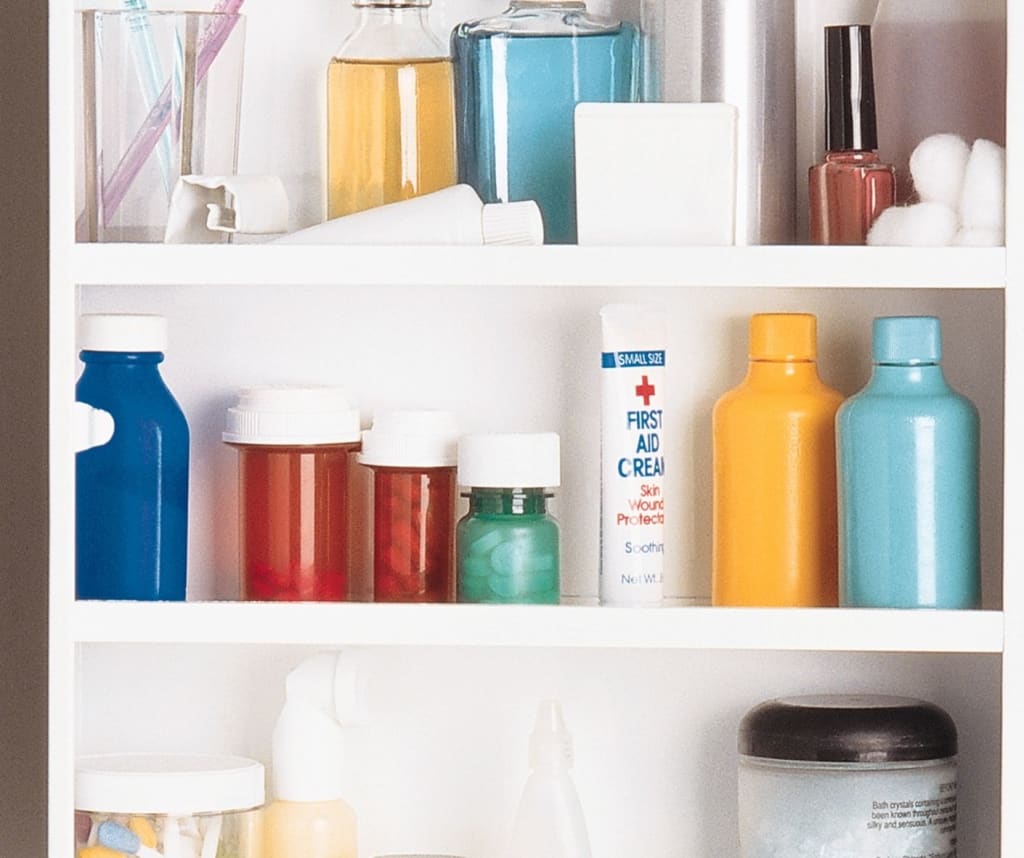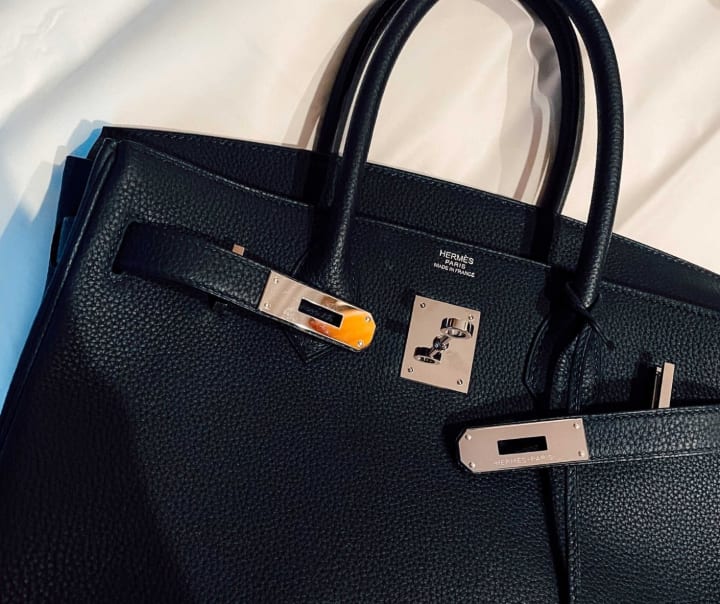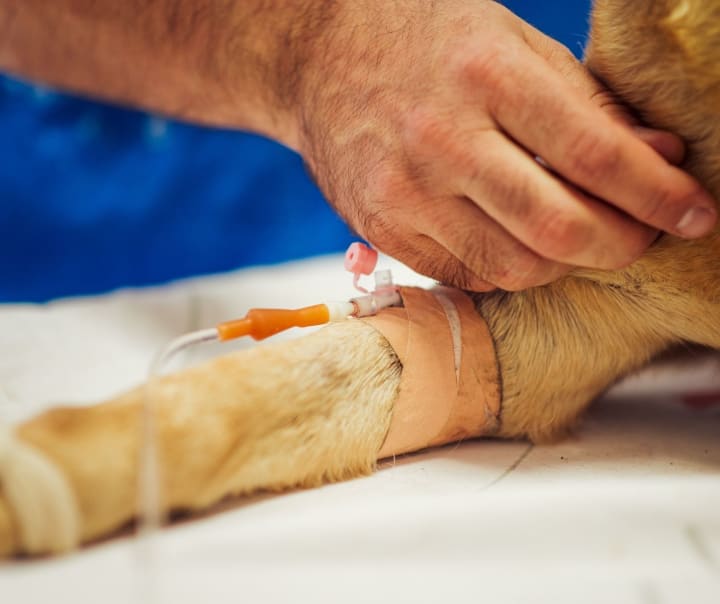Dangers In Your Medicine Cabinet For Your Pets
Keep Them As Safe As Possible

Unfortunately, we all know how curious our pets are about things that they have no business dealing with. We also know that there are times when their curiosity gets the better of them.
One of the most dangerous areas for pets is our medicine cabinet. Many items in there should be off-limits for your pets.
Here are some human medications that your pet should avoid.
- Most pain medications, including Tylenol, Excedrin, Advil, Aleve, Motrin, and Naproxen
- Antidepressants
- Medications for ADD and ADHD
- Medications to help you sleep, such as Ambien and Lunesta
- Blood pressure medications
If your pet has ingested any medications in your cabinet, you need to seek medical help right away.
This is one other product in your bathroom that your pet should avoid.
Xylitol. This deadly product can be found in toothpaste, deodorant, makeup, and even products for your hair. It is even found in encapsulated medications and vitamins.
So, what can you do to keep your pets safe from these medications?
You need to make sure that your medicine cabinet is out of reach of your pets. Not only that, it needs to be secure, so that a curious cat can't open it.
You also need to put medications away when you are done using them. You should never leave medications on the table, where one of your pets could knock it off. If the lid isn't tight, he or she would be able to eat some of your medication.
If you accidentally drop a pill or two, make sure that you pick it up right away. You don't want to give your pets any opportunity to get a hold of your medications.
Don't forget about your purse. Many people leave medications in their purses and then leave them lying around for unsuspecting pets to root around in. The best thing that you can do is keep your purse off of the floor and out of reach of your pets.

You should also make sure that all of the medication bottles are closed tightly. Gum and mints containing xylitol may be in your purse, as well as chocolate and other dangerous things.
It is also important that you never give your pet any human medications. Many emergencies happen because someone wants to give their pet Tylenol or another pain medication to help them get more comfortable. These medications may be toxic to your pet, so you should only give medications that are prescribed for your pet.
What can you do if your pet got into something he or she shouldn't have?
No matter how careful you may be, accidents do happen. Your purse may fall off of the table and, before you know it, your dog has gotten into your pain medication.
If this happens, you need to contact your veterinarian or the closest emergency veterinarian. Be sure that you have the label of whatever they ate. Your veterinarian may need to know the ingredients in order to determine the next course of action.
You should keep the ASPCA Poison Control Center number handy, because your veterinarian may ask you to give them a call for more information. You can reach them at (888) 426-4435. There is a consultation fee, but these people are very knowledgeable about the things that your pet can get into.

You may be lucky and whatever your pet got a hold of isn't going to cause any damage. However, you may need to help your dog vomit up the offensive treat. There are also times when pets need to be hooked up to fluids to help flush out the toxins. Your veterinarian (or the Poison Control Center) can be very helpful to figure out what you need to do next!
Previously published on Medium.
About the Creator
Shelley Wenger
Small town country girl in southern Pennsylvania. Raising two boys on a small farm filled with horses, goats, chickens, rabbits, ducks, dogs, and a cat. Certified veterinary technician and writer at Virtually Shelley.






Comments
There are no comments for this story
Be the first to respond and start the conversation.